This article was medically reviewed by Janice Litza, MD. Dr. Litza is a board certified Family Medicine Physician in Wisconsin. She is a practicing Physician and taught as a Clinical Professor for 13 years, after receiving her MD from the University of Wisconsin-Madison School of Medicine and Public Health in 1998.
This article has been viewed 31,435 times.
Conversion disorder, also called Functional Neurological Symptom Disorder, is a mental illness that is relatively uncommon. If a person has conversion disorder, they have physical symptoms with no underlying medical or physical reason. These physical symptoms are usually due to stress. A person with conversion disorder needs understanding and support. You can help your loved one with conversion disorder by believing that their symptoms are real, encouraging treatment, and understanding their condition.
Steps
Supporting Your Loved One
-
1Refrain from telling the person their symptoms aren’t real. Telling someone with conversion disorder that their symptoms are not real or that they are just in response to stress won’t help. The person probably won’t believe you. Don’t try to tell the person there is no “reason” for them to be sick or that it’s all in their head.[1]
- Even if you get annoyed or frustrated, you should remain calm. Yelling or trying to force the person to understand that their symptoms are psychological rather than physical may cause more harm than good.
-
2Emphasize negative test results. Instead of trying to convince the person their symptoms are in their head, use evidence to help them believe their physical symptoms are nothing to worry about. When doctors do lab tests, the results will show there is no medical or physical problem. When this happens, celebrate this with the person.[2]
- For example, if the person with conversion order has a blindness, seizures, or weakness, the doctor will run tests. When the tests come up negative, you can say, “This is great news! There is nothing wrong with your eyes and brain. This is very promising for a full recovery.”
Advertisement -
3Be hopeful for recovery. Another way you can help your loved one with conversion disorder is to be hopeful that their symptoms will go away. Almost all people afflicted with conversion order experience improvement in their symptoms. After they have received negative test results and the doctors have not found anything medically wrong, help your loved one start to believe that symptoms will go away.[3]
- For example, you can say, “Since there is nothing medically wrong with your eyes, you hopefully will regain your sight soon!” or “I am optimistic that your clean brain scan means that your paralysis will improve shortly.”
-
4Acknowledge the legitimacy of the symptoms. Another way to help your loved one is to take their symptoms seriously. Don’t belittle them or talk to them in patronizing ways about their situation. Though you and the doctors may know it is conversion disorder, your loved one truly believes the physical symptoms are not from stress, and they are feeling them. Acknowledge that the symptoms are real.[4]
- You may tell your loved one, “Your body is sending you a message.” or “You obviously need to take it easy as you work on recovery.”
-
5Address the psychological problem at the appropriate time. The underlying psychological problem should be identified and treated. However, this should be after your loved one has gotten over the physical symptoms. Suggest that your loved one seek out help to figure out the psychological reason they experienced the physical symptoms.[5]
- Often, the doctor will not tell the person with conversion disorder that they have conversion disorder at first. If the doctor has not told your loved one of their diagnosis, don’t tell them before the doctor okays it.
- Remember not to confront the person, belittle them, or be condescending. Instead, be supportive.
- Try saying, “You have been under a lot of stress lately, which even caused your physical symptoms. Have you considered going to get help for that?” or “The doctor said that your physical symptoms may have been caused by stress. A lot has been going on in your life lately. Maybe going to talk to a therapist can help.”
Helping Your Loved One Seek Treatment
-
1See a doctor. When your loved one experiences any of the symptoms, especially after a traumatic or stressful event, you should encourage them to seek medical attention. If they were involved in a physical accident, like a fall from a horse or car accident, the doctor needs to do a physical examination to rule out any physical problems.[6]
- If the doctor diagnosis conversion disorder, then psychological treatment is necessary.
-
2Encourage therapy. Often, physical symptoms of conversion disorder will go away when the doctor runs tests and declares there is no underlying medical condition. Doctors may immediately refer your loved one to a psychologist or wait until after the physical symptoms have started to lessen.[7]
- Help encourage your loved one to see a psychotherapist. A psychologist or other mental health professional can help treat the underlying psychological trauma or stress that caused the conversion disorder.
- Sometimes, conversion order will go away on its own. If the physical symptoms linger or they keep coming back, your loved one needs to seek professional mental health care to deal with the stress causing the symptoms.
-
3Consider physical therapy. If your loved one has physical symptoms that affect movement, such as paralysis, tremors, or other limb weakness, they may benefit from physical therapy. Suggest that your loved one see a physical therapist to help improve their muscle control and coordination.[8]
- For example, if your loved one is suffering from temporary paralysis, they can go to physical therapy to work their limbs so that the muscles won’t atrophy or become weak while they recover.
-
4Try alternate therapies with children. If your loved one is a child or adolescent with conversion disorder, you may need to help them get additional therapies to deal with their underlying issues. This generally is needed if the child has conversion disorder related to an abusive or stressful home situation.[9]
- Family therapy can be useful if the child has a difficult home situation. Family therapy can work on family relationships, issues, and dynamics.
- Group therapy may help children with conversion disorder learn how to socialize or cope with stressful situations. This may also be helpful if the child is too dependent on their family.
- Children may be hospitalized if physical symptoms do not respond to any other treatment. This can be helpful is the child is part of an abusive or dysfunctional home.
-
5Try to prevent a relapse. Though most people recover from the physical symptoms caused by conversion disorder, nearly 25% of patients relapse during the first year. You should be prepared for a relapse, just in case it occurs. Try to prevent a relapse by encouraging your loved one to continue seeing their doctor and psychologist to address the underlying issues. Managing and recovering from the trauma is one way to prevent a relapse.[10]
- Another way to prevent a relapse is to support your loved one. They may take awhile to recover from the trauma or emotional stress, so be there and support them during this time. Spend time with them and include them so they can return to their normal life.
- Try to help your loved one limit their stress. Too much stress may trigger a relapse.[11]
Understanding Conversion Disorder
-
1Do not blame your loved one for suffering from conversion disorder. Take care of yourself throughout the stress of coping with your loved one's recovery. Remember that your loved one is suffering: conversion disorder is a mental condition where someone manifests psychological stress through physical symptoms. It is preceded by some kind of traumatic event that is either emotionally or mentally taxing.[12]
- People who have conversion disorder are not faking or making up their symptoms. Their symptoms are real and should be treated that way.
- The symptoms are involuntary. Your loved one did not make them happen and cannot help their body's physical response. Though they may be due to psychological stress, the symptoms are real and affect the person.
- If you are struggling with anger or resentment due to your loved one's condition, seek individual therapy or a support group.
-
2Recognize the symptoms. Symptoms of conversion disorder occur suddenly after a traumatic or stressful event. The event may be physical, like a car crash, or psychological. Symptoms are physical and often affect the limbs or senses. Common symptoms include:[13]
- Paralysis
- Weakness, especially in the limbs
- Tremors, convulsions, or seizures
- Difficulty walking, loss of balance, or lack of coordination
- Difficulty swallowing
- Unresponsiveness
- Numbness or loss of the sense of touch
- Inability to speak, slurred speech, or stuttering
- Blindness
- Deafness
- For example, someone may fall off a horse and develop a paralyzed leg, get into a car accident and develop a paralyzed arm, or experience a battle during war and lose the ability to speak, walk, or hear.
-
3Identify who it affects. Conversion disorder is a rare mental illness. Those who develop conversion disorder often go through an extreme event that causes a lot of psychological stress. Examples of situations that may cause conversion disorder include injury, death of someone close, dangerous situation, or trauma that results in no harm to the person.[14]
- A person may develop conversion disorder if they are in a car accident but don’t get hurt, especially if others are hurt. Soldiers who have been involved in combat but did not get wounded may also develop it.
References
- ↑ http://www.ncbi.nlm.nih.gov/pmc/articles/PMC1324963/
- ↑ http://www.ncbi.nlm.nih.gov/pmc/articles/PMC1324963/
- ↑ http://www.ncbi.nlm.nih.gov/pmc/articles/PMC1324963/
- ↑ http://www.ncbi.nlm.nih.gov/pmc/articles/PMC1324963/
- ↑ http://www.ncbi.nlm.nih.gov/pmc/articles/PMC1324963/
- ↑ https://medlineplus.gov/ency/article/000954.htm
- ↑ http://www.mayoclinic.org/diseases-conditions/conversion-disorder/basics/definition/con-20029533
- ↑ http://www.mayoclinic.org/diseases-conditions/conversion-disorder/basics/definition/con-20029533
- ↑ http://www.encyclopedia.com/topic/Conversion_disorder.aspx
- ↑ http://www.ncbi.nlm.nih.gov/pmc/articles/PMC1324963/
- ↑ http://www.mayoclinic.org/diseases-conditions/conversion-disorder/basics/definition/con-20029533
- ↑ http://www.mayoclinic.org/diseases-conditions/conversion-disorder/basics/definition/con-20029533
- ↑ http://www.mayoclinic.org/diseases-conditions/conversion-disorder/basics/definition/con-20029533
- ↑ http://www.humanillnesses.com/Behavioral-Health-Br-Fe/Conversion-Disorder.html
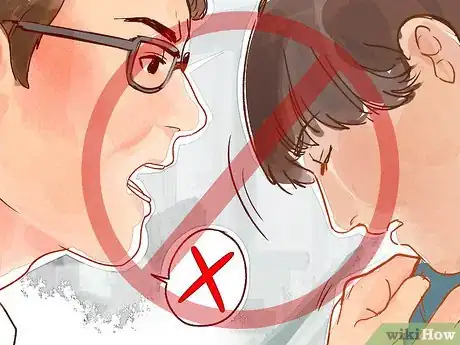
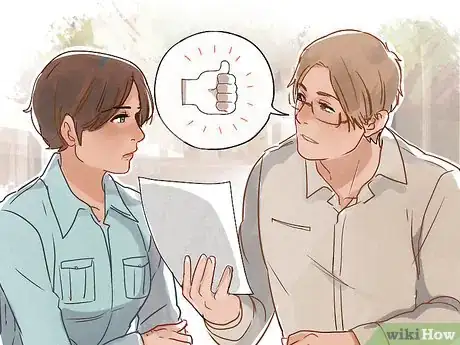
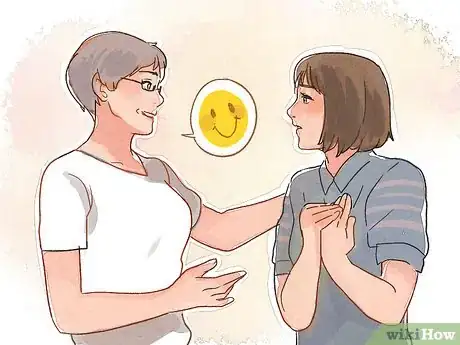
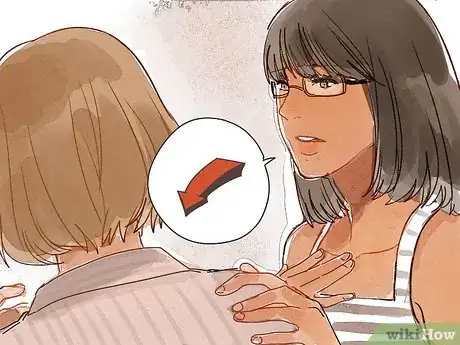
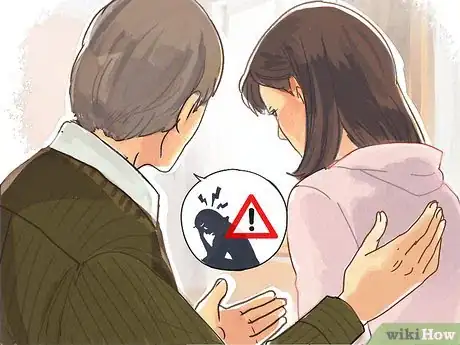
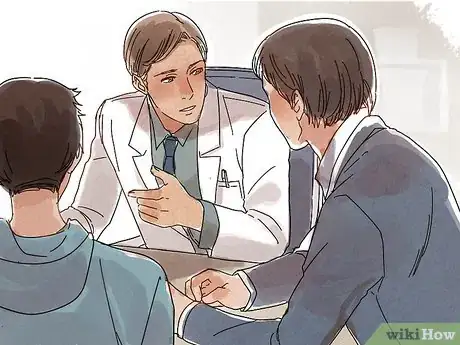
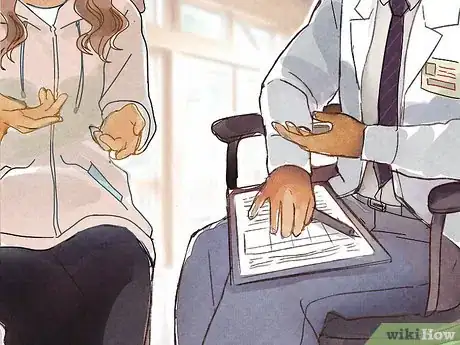
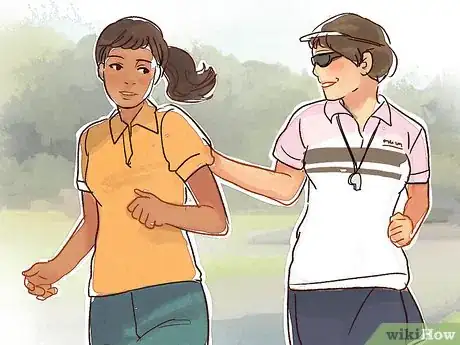
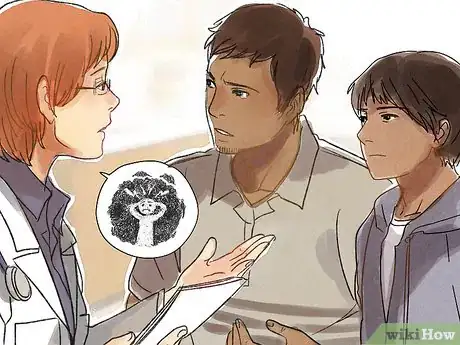
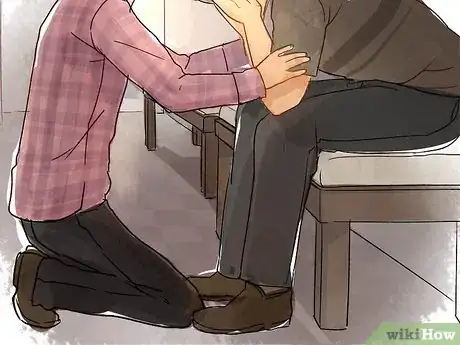
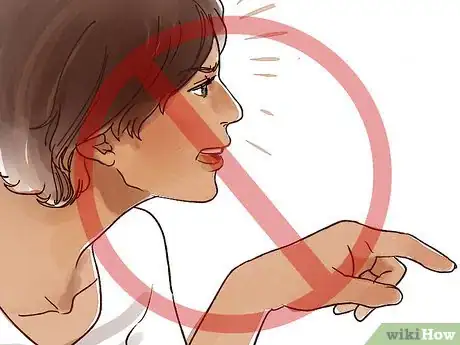
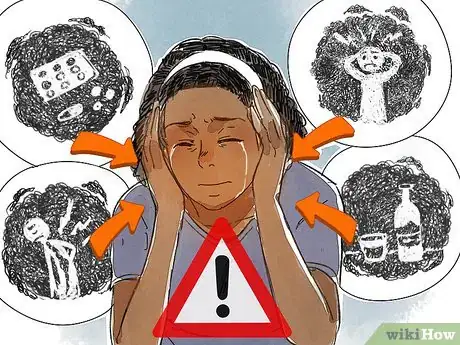
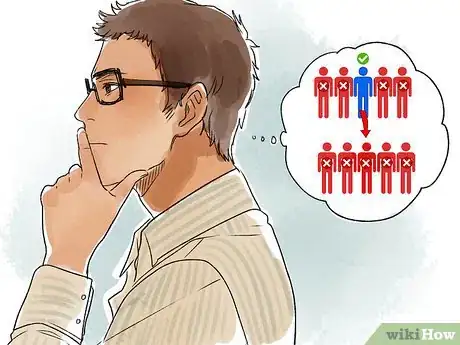
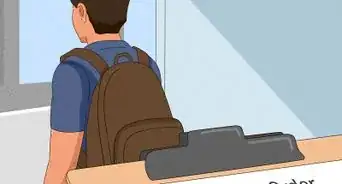
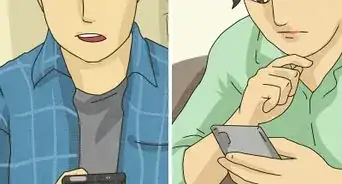

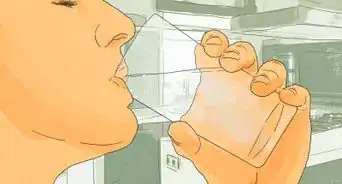
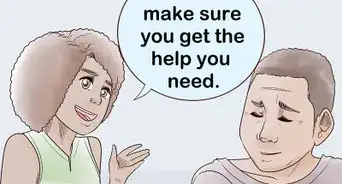
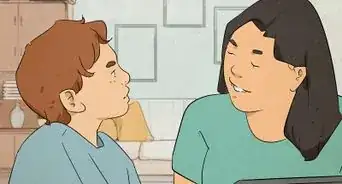
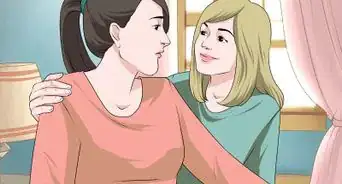
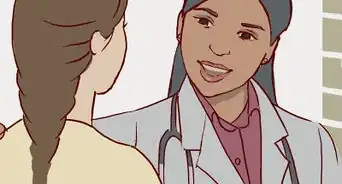
-Step-17-Version-2.webp)
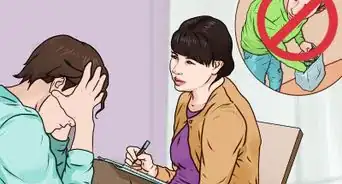
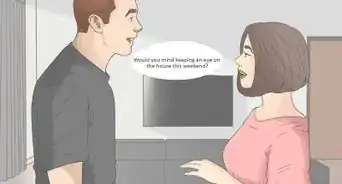

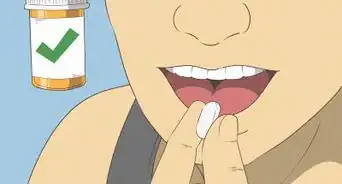
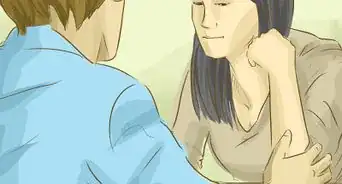










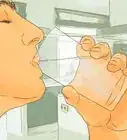



































Medical Disclaimer
The content of this article is not intended to be a substitute for professional medical advice, examination, diagnosis, or treatment. You should always contact your doctor or other qualified healthcare professional before starting, changing, or stopping any kind of health treatment.
Read More...